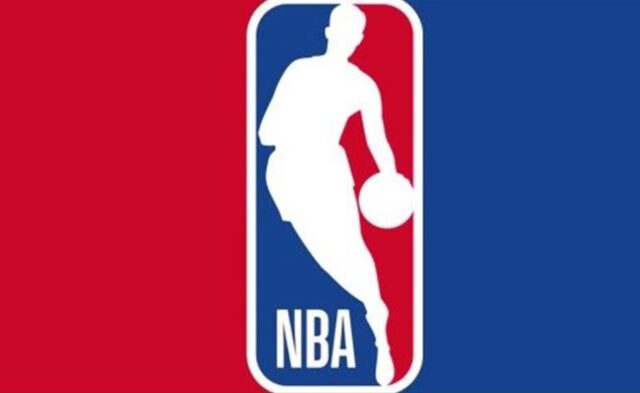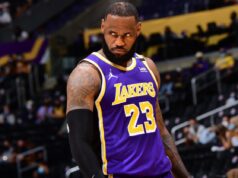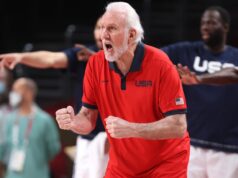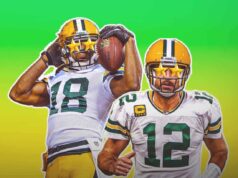NBA 2K League commissioner Chris Merritt recently revealed that the league is exploring a new rule that would disallow teams from using both James Harden and Trae Young at the same time. This would give the player with the ball the most control over both offense and defense, and it would be a dramatic shift in the way the game is played. Harden has been a game-changing player in the NBA for years and is a linchpin in the Rockets offense.
But it is hard to argue that Young is a better player than Harden, especially considering the Rockets have made the playoffs every year with him at the helm. The NBA is reportedly considering a rule change that would prevent the players from being able to “cross between dribble moves” while the ball is in their hands, as per Kevin O’Connor of The Ringer.
The rule change is part of NBA commissioner Adam Silver’s desire to make the NBA “more like football” by eliminating the influence of the players’ wrists in creating shots. A few weeks ago, the NBA’s board of governors was rumored to be planning to change the current “reserve rule” that ends in February in an attempt to limit the number of games teams can rest their players during the regular season.
While there is no way to know for sure, it sounds like a prospect of the rule change might result in James Harden potentially sitting out more games for the Houston Rockets. Players like James Harden and Trae Young, who use egregious tactics to get to the free-throw line more often than they should, may find it difficult to adapt in 2024–22.
According to rumors, the NBA intends to educate referees to recognize movements done specifically to generate fouls. The most current information refers to news from May 2024, which said that the NBA was contemplating a rule change to better detect and characterize abnormal shooting movements. However, the most recent study seems to be considerably broader in scope.
In 2024–21, free-throw attempts per team game decreased significantly from 23.1 in both 2018–19 and 2019–20 to 21.8 previous season. However, the nature of certain infractions sparked discussion as to whether the NBA was dealing with a problem.
Unnatural motions are terrible for the NBA’s image
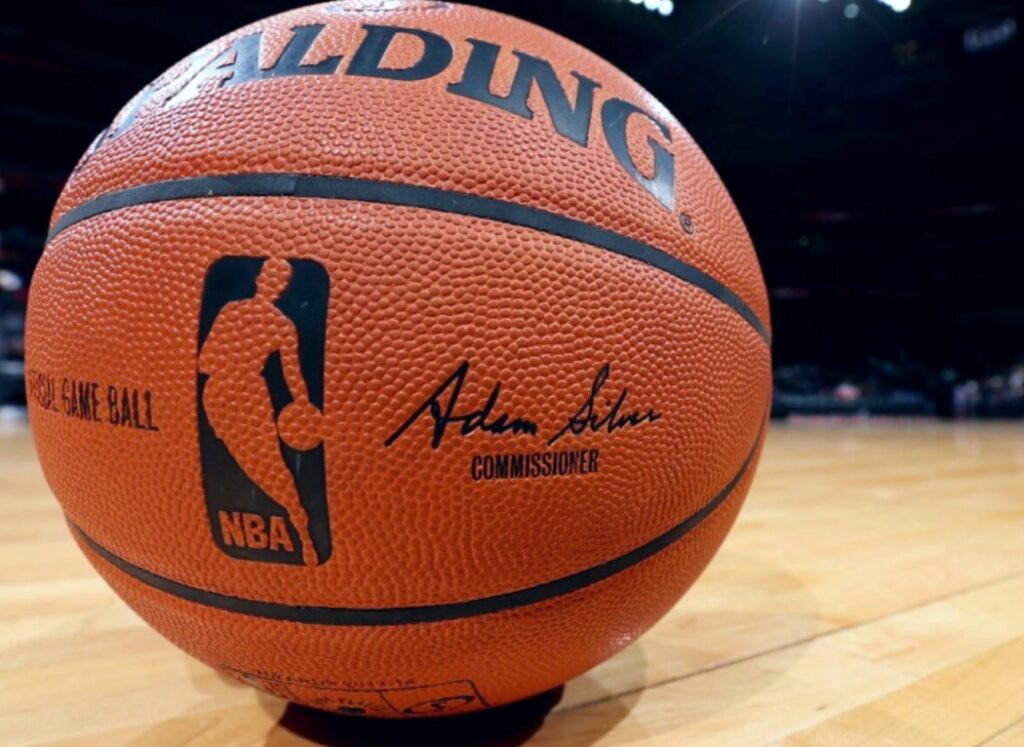
James Harden is one of the greatest (or worse) in the NBA at persuading officials to call fouls in his favor. He can accomplish that by flinging his arms up into the arm of a defender who hasn’t made contact with him yet. Harden is also known for wrapping his arm over the arm of a defender to gain favorable calls.
Last season, Trae Young drew the ire of Brooklyn Nets coach Steve Nash for one of his trademark maneuvers. It’s not uncommon for a point guard to get the better of a defender seeking for an edge. With one defender removed from the equation, the point guard is free to drive, pass, or combine as the defense rotates.
Young, on the other hand, provided a twist. Young has a tendency of quickly halting or slowing once he gets a defender in his rear-view mirror, dragging the defensive player up his back as the defender attempts to recover.
Harden had a top-20 all-time season for free-throw attempts per game in 2019–20, averaging 11.8 per game (18th in NBA history). Only three of the top 20 seasons took place in the twenty-first century.
Apart from Harden, Dwight Howard averaged 11.7 points per game in 2010–11 (19th on the list), while Shaquille O’Neal averaged 13.1 attempts per game in 2000–01. Teams were attempting to put Howard and O’Neal on the line since they were poor free-throw shooters.
Nash’s criticism of Trae Young was especially harsh since Young admires Nash’s playing and the two collaborated in the summer before to Young’s second NBA season in 2019–20. Lloyd Pierce, a former Atlanta Hawks coach, introduced the two. At Santa Clara University, Pierce and Nash were teammates.
What options are available to you?

According to Shams Charania of The Athletic, the NBA intends to train referees to recognize non-basketball movements like:
- Players who intentionally collide with defenders in order to elicit contact.
- Players making abrupt route changes or pauses in order to get in the way of a defender.
- Kicking their legs out at strange angles by the shooters. With the so-called “Reggie Miller rule” in 2012, the NBA took a stand against shooter kick-outs. Shooters altered their technique by kicking at an angle rather than straight ahead.
- Off-ball arm of ball-handlers hooking defenders (yes, James Harden, we are looking at you here).
It will be a no-call scenario if the contact is minimal in the opinion of the official. Attacking fouls, on the other hand, occur when an offensive player makes contact with a defender by suddenly interfering with the defender’s normal route.
Trae Young and James Harden will adapt
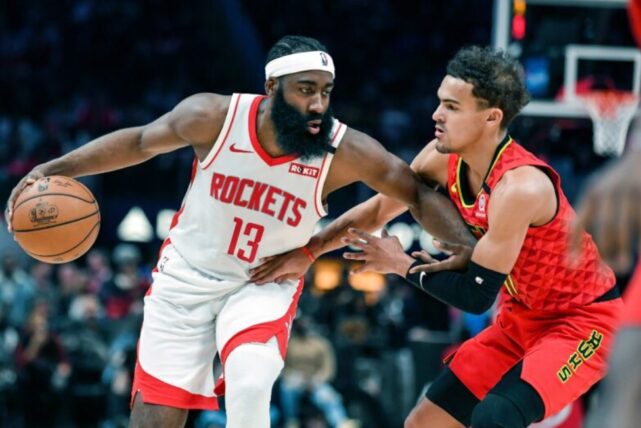
While one Twitter user created a quick (and not to scale) picture modification to depict Trae Young driving a package-delivery truck once the new regulations go into effect, this seems unlikely. Similarly, if some of his preferred foul line routes are eliminated, James Harden will not suddenly become a non-rotation player.
Great players are able to adapt to changes in the regulations. They’ve always done so. Mikan adjusted when the lane width was increased from six to twelve feet in 1951 to counteract George Mikan’s size advantage. His scoring average dropped from 28.4 to 23.8 points per game, but the Minneapolis Lakers still won the NBA title.
Because of Wilt Chamberlain, the NBA doubled down on lane modifications in 1964. And the 16-foot-wide lane clearly showed him, as he won his sixth straight scoring championship, averaging 34.7 points per game. His field goal percentage did drop to 51.0 percent, which was still the highest in the league.
Take that, ruthless colossus! Of course, he scored two less points per game while playing one minute less. This may also lead to a statistical decrease. Great players excel because they possess the ability to adapt. They’d be excellent players if they weren’t breaking the rules, and people wouldn’t be as upset about it.

